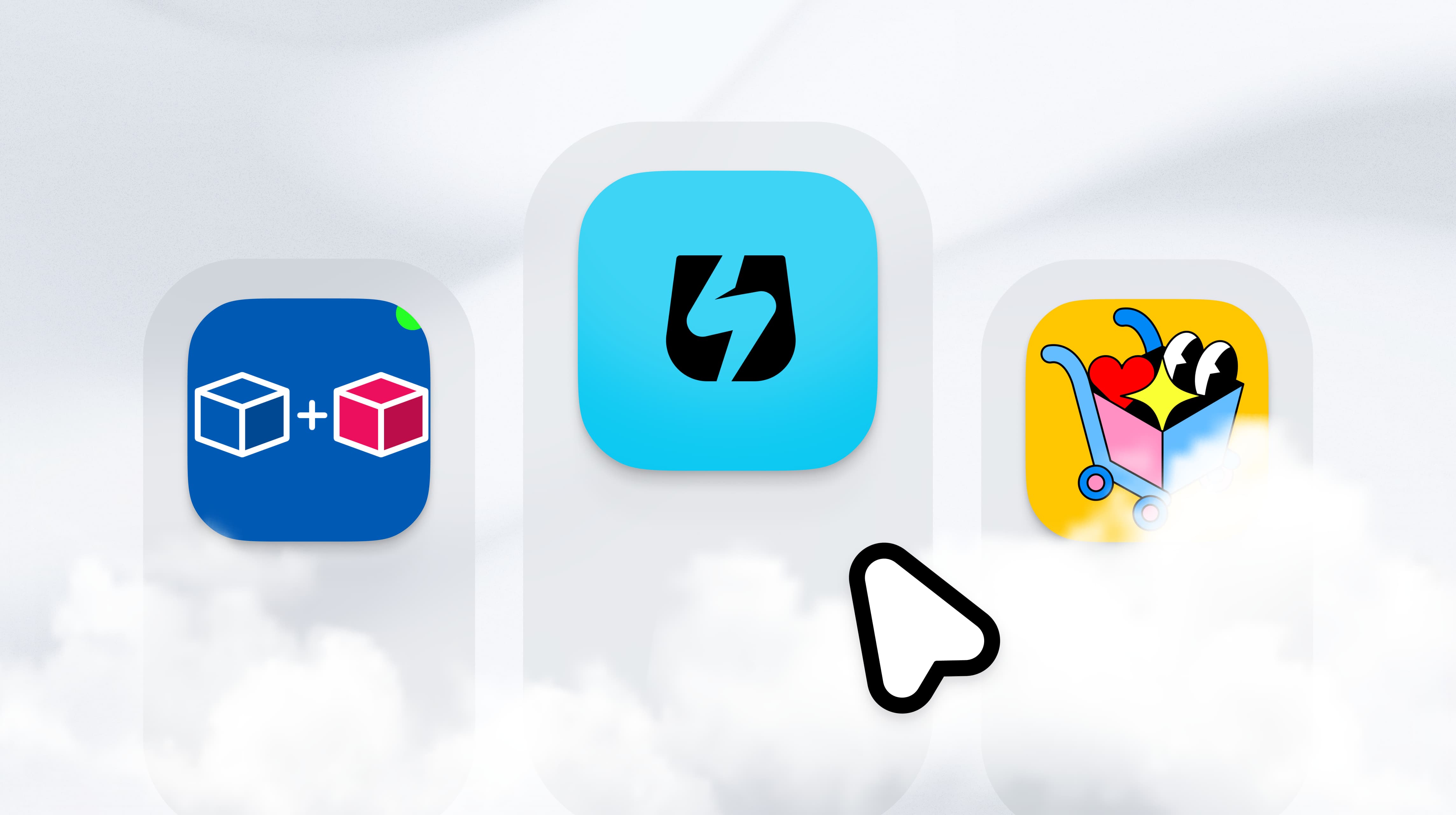
How to convert Figma web design to Shopify
Instant Team
How to convert Figma web design to Shopify
Figma is a powerful web-based design platform that offers a range of features to create stunning and interactive web designs. Its ability to facilitate real-time collaboration and user-friendly interface make it an ideal choice for planning websites.
For eCommerce businesses, having a visually appealing and highly functional website is crucial. It directly impacts user experience, conversion rates, and overall business success. This is where Shopify comes into play. Shopify is one of the leading eCommerce platforms, known for its robust features, ease of use, and scalability. Integrating Figma web designs with Shopify can significantly enhance the overall performance of an online store, providing a seamless and engaging shopping experience for customers.
This article aims to provide a comprehensive guide on converting Figma web designs to Shopify. We will delve into why Figma is the preferred tool for planning websites, explore how to maximize design flexibility within Figma and discuss the steps to ensure Shopify compatibility. Additionally, we will highlight the benefits of integrating Figma designs with Shopify, showcasing how this combination can drive eCommerce success. By the end of this article, you will clearly understand the process and the advantages of using Figma and Shopify together for your eCommerce needs.
Why Figma web design is used for planning websites
Figma has become a preferred tool for web design, especially among eCommerce site developers, due to its collaborative features and user-friendly interface. Here are the key reasons why Figma is widely used for planning websites:
Real-time collaboration
One of Figma's standout features is its ability to support real-time collaboration. Designers, developers, and stakeholders can work simultaneously on a project, making it easier to gather feedback and adjust. This feature particularly benefits eCommerce businesses with multiple team members working on a project.
Vector networks
Figma's vector network technology allows designers to easily create complex shapes and intricate designs. This level of precision is crucial for developing unique and visually appealing eCommerce websites that stand out in a competitive market.
Cross-platform compatibility
Figma is a cloud-based tool that can be accessed from any device with an internet connection. This cross-platform compatibility ensures that team members can work on designs regardless of their operating system, whether it’s Windows, macOS, or Linux.
Prototyping and testing
Figma provides robust prototyping features that enable designers to create interactive prototypes. These prototypes can be tested directly within Figma, allowing for early identification of potential usability issues. This means ensuring a seamless and intuitive user experience before the site goes live for eCommerce sites.
Design systems and libraries
Figma supports creating design systems and shared libraries, which promote consistency across different projects. For eCommerce brands, maintaining a consistent look and feel across various digital assets is essential for brand recognition and customer trust.
Maximizing design flexibility in Figma
Figma offers several features that enhance design flexibility, allowing designers to create unique, responsive layouts tailored to specific business needs.
Auto layout
Auto Layout is a powerful feature in Figma that makes designing responsive interfaces more straightforward. It enables designers to create components that automatically adjust their size and position based on the content they contain. This is particularly useful for eCommerce sites, which need to look good on various screen sizes.
Constraints
Constraints in Figma allow designers to define how elements should respond when the frame is resized. By setting constraints, designers can ensure that their layouts remain consistent and functional across different devices. This feature is critical for creating a responsive design that provides a seamless user experience.
Components and variants
Components in Figma enable designers to create reusable elements that can be easily updated across the entire design. Variants take this a step further by allowing designers to define different states of a component (e.g., different button styles). This speeds up the design process and ensures consistency throughout the project.
Plugins
Figma supports a wide range of plugins that extend its functionality. These plugins can automate repetitive tasks, integrate with other tools, and enhance the design workflow. For eCommerce sites, using plugins can streamline processes such as asset export, color management, and content management.

Interactive components
Interactive components in Figma allow designers to add interactivity directly to their components. This means you can create complex interactions and animations without writing any code. This feature can be used for eCommerce sites to design engaging and dynamic user interfaces that enhance the shopping experience.
Shopify compatibility with Figma
Ensuring your Figma designs are compatible with Shopify is crucial for a smooth transition from design to development. Here are some tips to make the integration seamless:
Use of design tokens
Design tokens are a way to store design decisions in a centralized manner. By using design tokens in Figma, you can ensure that your design elements—including colors, typography, spacing, and other design properties—are consistent and easily transferable to Shopify.
Exporting assets
Figma allows you to export assets in various formats, including SVG, PNG, and JPG. For Shopify, it's important to export assets in web-friendly formats that ensure fast loading times and high-quality visuals. Additionally, organizing your exported assets in a structured manner can simplify the development process.
Layout grids
Using layout grids in Figma can help ensure your designs are well-structured and easy to implement in Shopify. Grids provide a visual guide for aligning elements, crucial for maintaining a clean and professional look on your eCommerce site.
Responsiveness
Since most online shopping is done on mobile devices, ensuring that your Figma designs are responsive is essential. Figma's constraints and auto layout features can help you design layouts that adapt seamlessly to different screen sizes.
Figma to Shopify plugins
Several plugins are available to convert Figma designs to Shopify themes. These plugins can automate exporting design elements and generating the necessary code for Shopify, saving time and reducing the risk of errors.

Figma to Shopify design for ecommerce success
Integrating Figma designs with Shopify can significantly enhance the success of your eCommerce store by improving user experience and driving sales. Here's how:
Improved user experience
A well-designed website can greatly enhance the user experience, making it easier for customers to find what they want and complete their purchases. Figma's prototyping and testing features allow you to identify and resolve usability issues early in the design process, ensuring a smooth and intuitive user journey on your Shopify store.
Consistent branding
You can maintain a consistent brand identity across all digital touchpoints using Figma's design systems and shared libraries. Consistent branding builds trust and recognition, increasing customer loyalty and increased sales.
Faster time to market
Figma's collaborative features and integration with Shopify plugins can streamline the design-to-development process, reducing the time it takes to launch your eCommerce site. A faster time to market means you can start generating revenue sooner and stay ahead of the competition.
Enhanced visual appeal
Figma's powerful design tools enable you to create visually appealing and unique layouts that capture your customers' attention. A visually attractive site can improve engagement and encourage visitors to browse your products more.
Data-driven design
Integrating Figma with analytics tools allows you to make data-driven design decisions. You can continuously optimize your site to improve performance and increase conversions by analyzing user behavior and feedback.
Flexibility and scalability
Figma's design flexibility allows you to easily update and expand your eCommerce site as your business grows. Whether adding new product categories, launching marketing campaigns, or rebranding, Figma makes implementing changes quickly and efficiently easy.
Conclusion
Converting Figma web designs to Shopify offers numerous benefits for eCommerce sites, from improving user experience to ensuring consistent branding and faster time to market. By leveraging Figma's powerful design features and ensuring compatibility with Shopify, you can create unique, responsive, and visually appealing eCommerce sites that drive sales and enhance customer satisfaction. As no-code tools continue to transform Shopify store management, integrating Figma with Shopify remains a strategic move for any eCommerce business aiming for success.

More stories
Shopify
·
Feb 6, 2026
Shopify
·
Feb 6, 2026
Shopify
·
Feb 5, 2026






